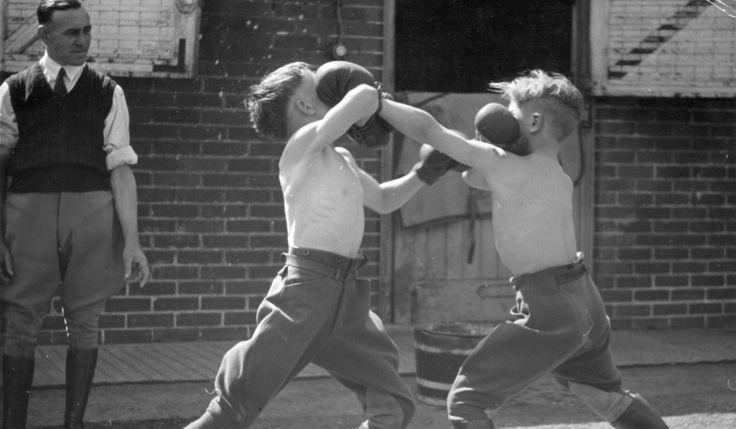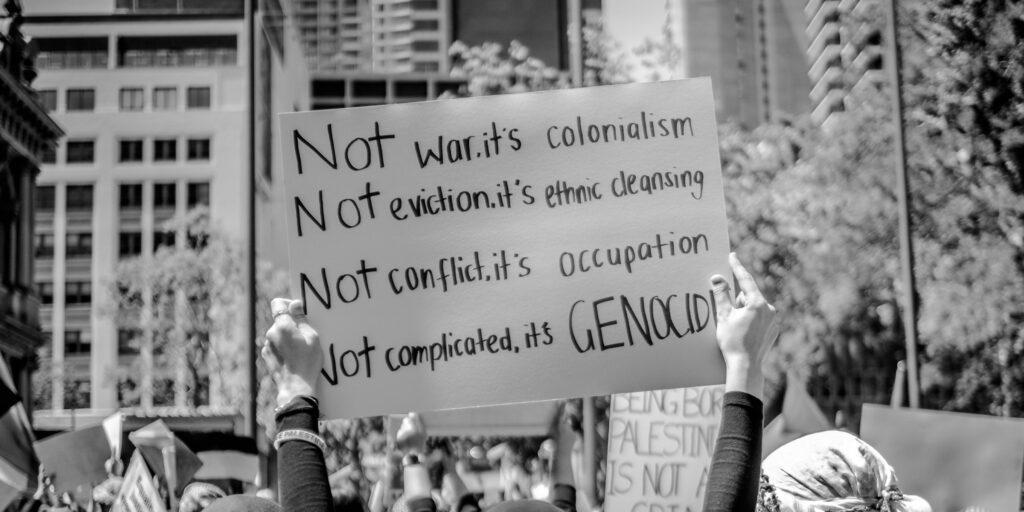Elitism, toxic masculinity, and ingrained generational misogyny have been festering in Victoria for decades, resulting in women being killed at a staggering rate. But what do we really know about toxic masculinity and how is it being dealt with in Victorian schools?
Despite the various movements to discourage complicity to the blatant violence towards women, including #MeToo, #SayHerName and most recently, thanks to Jane Gilmore, the #Fixedit movement, there’s still a lack of focus (and funding) towards addressing the core issue. Men are hurting women and it comes down to a lack of respect and decency, and to inadequate sex education in schools.
Focussing on these deficits would help to usher in the demise of toxic masculinity – or at least help us gain a better understanding of it – which has been thriving through systemic societal, physiological, and cultural influences. For too long we have tiptoed around the obvious; men who hurt women don’t respect them. And the lack of respect is often a destructive generational trait passed down and engendered by their peers.
When speaking with some Year 11 students from a Melbourne single-sex school about quality sex education content, there was a discernible undercurrent of dissatisfaction that there isn’t enough successful and relevant education going on. Tom, 17 said that ‘… it’s hard to take those classes seriously, when you’re surrounded by your mates. It doesn’t feel comfortable to openly talk about how we feel or how we’ve been raised’. And there’s our disconnect and a story we’ve all heard many times before.
So, why is it that we’re not hitting the mark when it comes to raising our boys to be decent men? We’ve been discussing toxic masculinity in all its forms for years now – but still there seems to be nothing tangible in our education system that’s actually addressing the core issues associated with this behaviour.
For a kick off, the proper term for it is hegemonic masculinity, which Australian sociologist, Raewyn Connell addressed in her seminal text Masculinities and numerous other works. During an interview with Labinot Kunushevc, Connell said ‘…there is no such thing as a single concept of masculinity, but, rather, that many different masculinities exist, each associated with different positions of power’. Toxic masculinity refers to conformity to a much narrower set of negative ‘traditional’ (read, stereotypic) male behaviours, for example aggression, violence, misogyny and homophobia. It oversimplifies the very concept of masculinity along with the cultural coding that creates it and influences its outward expression.
And here we begin to get to the core of the matter. A one-size-fits-all approach to fixing our boys will not work. Masculinity is a many-splintered thing that we currently regard as a single concept. This is the big mistake. Australian government initiatives have a bad habit of being completely out of synch with social issues; think about the dire ‘milkshake’ consent video (part of the Australian Government’s Consent Matters program), which became a thing of ridicule when it should have been the start of a turning point for boys.
So, we now find ourselves in a situation where the media is constantly telling boys they’re broken and bad but offers up no real solutions to the problem. When you continually tell a young person they’re bad, the likelihood of them falling off the rails becomes significantly higher.
And if all you do is identify a behaviour as being harmful but do nothing tangible to make it better, then you’re part of the problem. As Connell states: ‘masculinity is not a fixed entity imbedded in the body or personality traits of an individual’. The negative or ‘toxic’ elements of masculinity are created and sustained by society. By us.
The state government, the Department of Education, and Independent Schools Victoria, need to introduce a mandatory curriculum for quality sex, relationships and consent education that also addresses hegemonic masculinity in a balanced and rational way; by unpacking the concept and analysing how it’s constructed, which will allow students to actually understand its root causes and help to change them, instead of engaging in the usual throws of moral panic.
If we don’t address this issue with depth and cogency, more male students will continue to grow into men who disrespect women. And if we ignore this issue any longer – hoping it will just get better – we’ll only continue to see woman after woman killed at the hands of what the media will most likely call ‘troubled husband forced to make tough choice’. This needs to stop.
If you or someone you know is impacted by family and domestic violence or sexual assault, call 1800RESPECT on 1800 737 732 or visit 1800RESPECT.org.au.
In an emergency, call 000.
Readers seeking support with mental health can contact Beyond Blue on 1300 22 4636. More information is available at Beyondblue.org.au.
Embrace Multicultural Mental Health supports people from culturally and linguistically diverse backgrounds.



